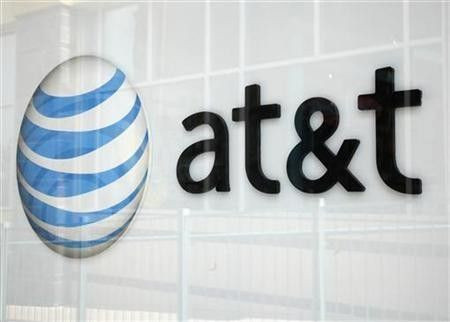Rumor: AT&T to Join Rival Verizon in Data Throttling

Verizon and AT&T are arch-rivals in every sense of the word, but in the realm of data throttling, the two will be identical twins, according to one report.
Tech blog 9To5 Mac is reporting AT&T will adopt a data throttling plan to minimize bandwidth congestion from the network's heaviest data users. The plan, 9To5 Mac says, will be identical to the one Verizon implemented in February. The plans have been put in place to stop data congestion and overall network issues. Verizon said their data throttling plan only impacts the top five percent of data users.
"We are implementing optimization and transcoding technologies in our network to transmit data files in a more efficient manner to allow available network capacity to benefit the greatest number of users. These techniques include caching less data, using less capacity, and sizing the video more appropriately for the device. The optimization process is agnostic to the content itself and to the website that provides it," Verizon said in a February memo.
The heaviest data users only see the network slowed down when they go over the threshold of data. For the next billing cycle, they will be able to still use the network, but it will be a lot slower.
Virgin, which is a European based wireless company, is implementing a similar data throttle plan.
According to 9To5Mac, 12,000 emails, 12,000 website views, four streaming movies and five hours of streaming music would be enough to warrant a throttled network.
While some users might not like data throttling, it does free up the network for the general public. Analysts are generally accepting of the idea. Back when Verizon did it, Kevin Burden, an analyst at ABI Research, suggested AT&T do the same.
"AT&T might admit that if it had found a way to wrangle up the worst data offenders from its iPhone base, that AT&T might not have had the same level of problems they had," Burden said to Computerworld.
© Copyright IBTimes 2025. All rights reserved.



















